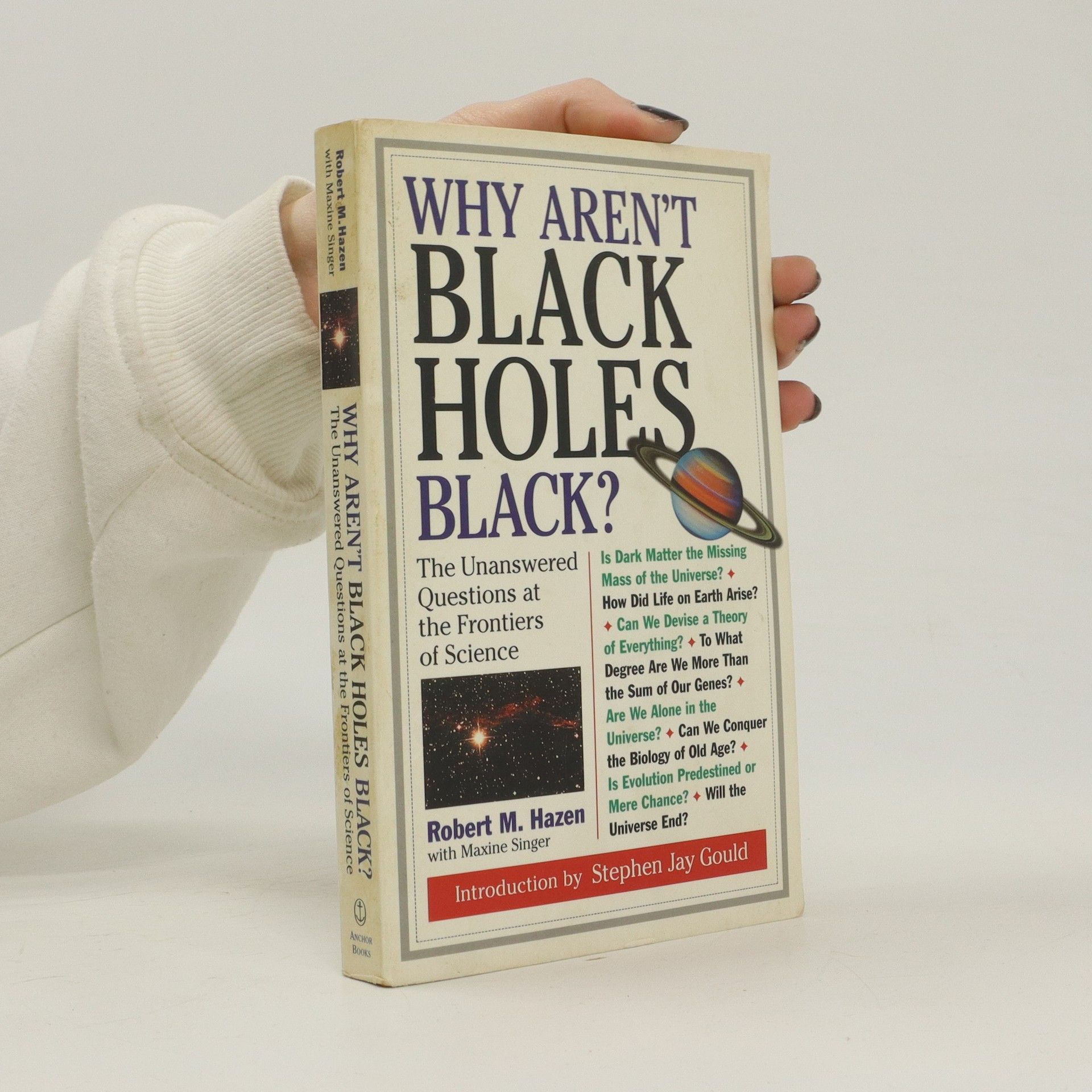The proliferation of scientific breakthroughs during the twentieth century, and the media attention they have generated, have left most people with the impression that the great questions of science have been answered. The general perception is that the fundamental forces of the universe are known and understood, that the building blocks of life have been discovered, and that, in effect, we have reached "the end of science." In Why Aren't Black Holes Black?, renowned
Maxine Singer Books
Maxine Singer was a pioneering molecular biologist, an influential science administrator, and a leader in science policy and advocacy. She championed equal access to postgraduate training and career opportunities, particularly for women and minorities in science, and supported innovative programs to improve science education in public schools. She urged scientists to exercise their ethical and political responsibilities in society, bringing scientific perspectives to bear on issues such as genetic engineering and the safety of genetically modified organisms, evolution and the origins of life, space exploration, and the freedom of intellectual inquiry.


Genes & Genomes
- 954 pages
- 34 hours of reading
Presents a review of the status of molecular genetics in the early 1970s, and then examines in Part II , the logic, concepts and general practices associated with gene cloning and the characterisation and manipulation of DNA. In Part III the results of the experimental paradigm are explored.